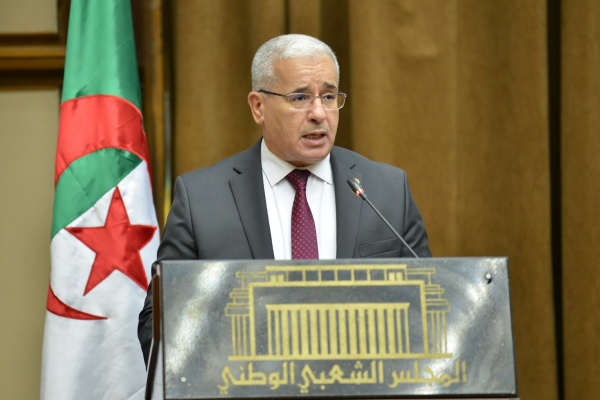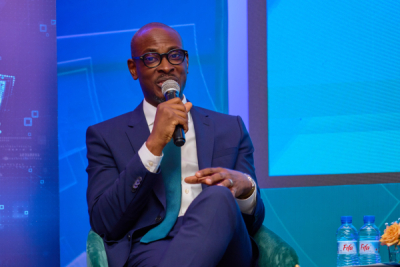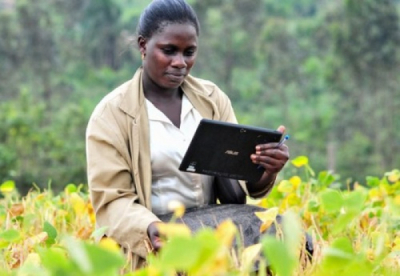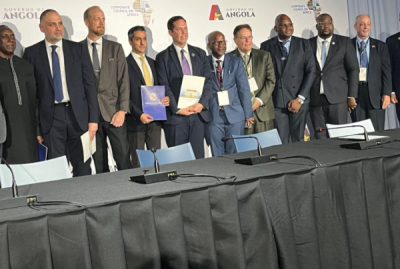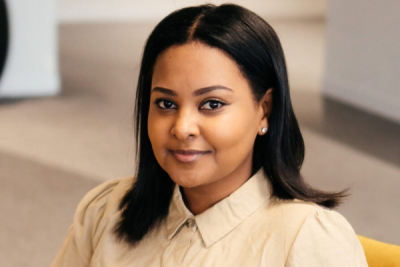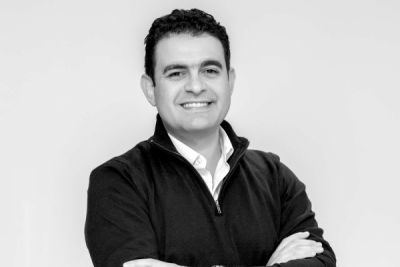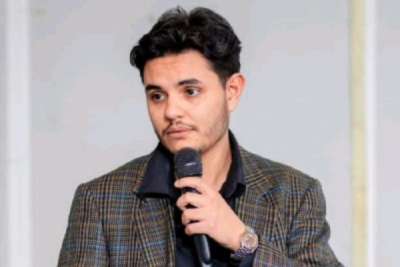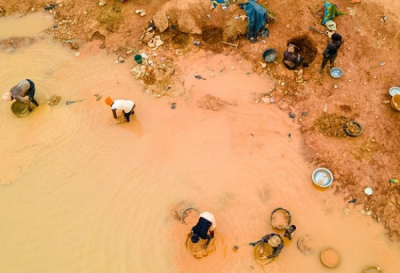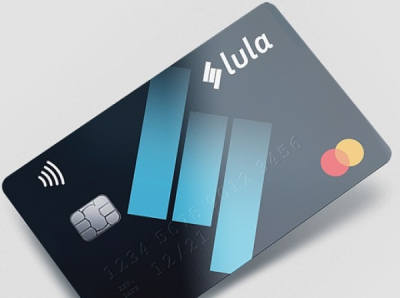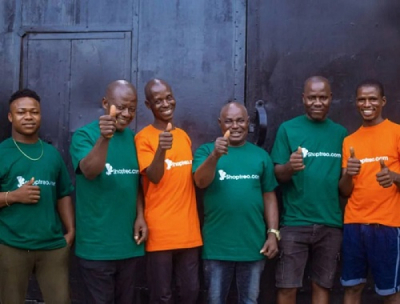-
Algeria urged to update cybercrime and AI laws, says parliament speaker.
-
National strategy, school, and global partnerships underway.
-
Gaps remain in tech capacity and training despite strong legal base.
Algeria must modernize its regulatory framework to keep pace with technological developments and strengthen the fight against cybercrime. This message came from Brahim Boughali, Speaker of the National People's Assembly (APN), on Monday, June 30. He spoke during a parliamentary session focused on legal accountability in cybercrime and artificial intelligence.
According to Boughali, the rapid evolution of cyberspace demands a serious overhaul of legislative mechanisms to effectively confront emerging digital threats. He emphasized the importance of balancing citizens' rights and freedoms with the need for a robust approach to cybercrime prevention. He also highlighted the urgent need for a flexible legal framework that can anticipate future challenges related to artificial intelligence while remaining aligned with constitutional principles and international standards on data protection and digital sovereignty.
This legislative push complements the executive branch's efforts to bolster national cybersecurity. Algeria is looking to deepen cooperation with South Korea, which the International Telecommunication Union (ITU) considers a model in cybersecurity. It has also strengthened ties with Russia to advance in this field. A national cybersecurity strategy is currently being developed. In 2024, the country established a dedicated cybersecurity school, and the topic has been integrated into youth ICT (Information and Communication Technology) training programs, particularly through the nationwide "Skills Centers."
Despite these efforts, the ITU notes that Algeria already has a solid legal foundation, awarding it a score of 19.18 out of 20 in the legal framework category of the Global Cybersecurity Index. However, the country still faces challenges in expanding technical capabilities, building institutional capacity, training talent, and forging essential partnerships for effective cybersecurity. Algeria received an overall score of 65.87 out of 100, placing it in the third tier out of five on the global scale.
Written in French by Isaac K. Kassouwi,
Translated and adapted into English by Mouka Mezonlin


